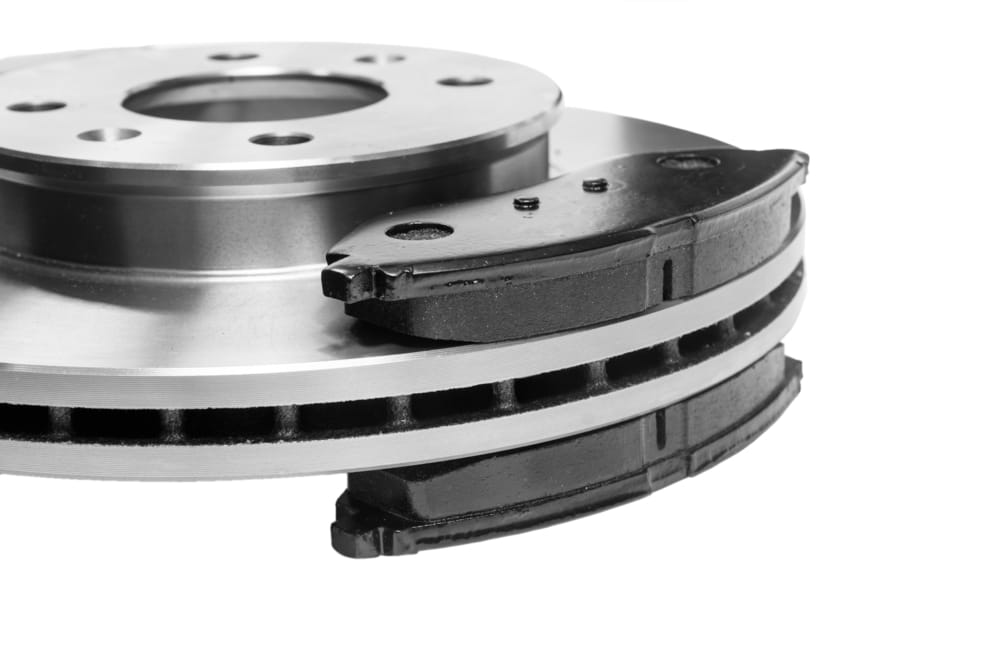

When you press the brake pedal, your car slows down and eventually stops. Most of us put little more thought into it. We know that our brake pads need to be replaced periodically, and we’ll probably need to have our rotors resurfaced at some point, but we put little additional thought into how the system works. Your brakes are actually a very complex system that requires a number of different parts to work correctly.
Your car’s power brake booster does pretty much what the name implies. It sits at the back of the master cylinder and is responsible for boosting the power from the pedal. It actually makes it easier to stop your car by reducing the amount of pressure needed to work the brakes. If you’ve ever driving a car without a power braking system, you know just how hard it can be to slow down and stop.
Your power brake booster is in use any and every time you put your foot on the brake pedal. That means it sees a lot of use. Over time, it’s exposed to wear and tear, as well as threats from other sources – leaking brake fluid from a failing master cylinder, for instance. Brake fluid is caustic, and it will eventually break down the seals that allow the brake booster to work.
If your brake booster fails, you will still have normal stopping capabilities, but it will be much harder to work the brake pedal. Slowing down and stopping will require more time and longer distances. It’s definitely not a safe situation to be in, so it’s important that you know a few signs to watch for that indicate your brake power booster is beginning to fail. These include:
- Brake pedal is very hard/stiff
- Your car has less stopping power
- Pressing the brake pedal creates a hissing noise
- Brake pedal does not return from the depressed position
Note that a failing or failed power brake booster will not make your brake pedal soft or mushy. That actually indicates low brake fluid, a failed master cylinder or another problem with the braking system. If you suspect your power brake booster is on its last legs, a certified mechanic can diagnose and fix the power brake booster to help get you safely back on the road.



